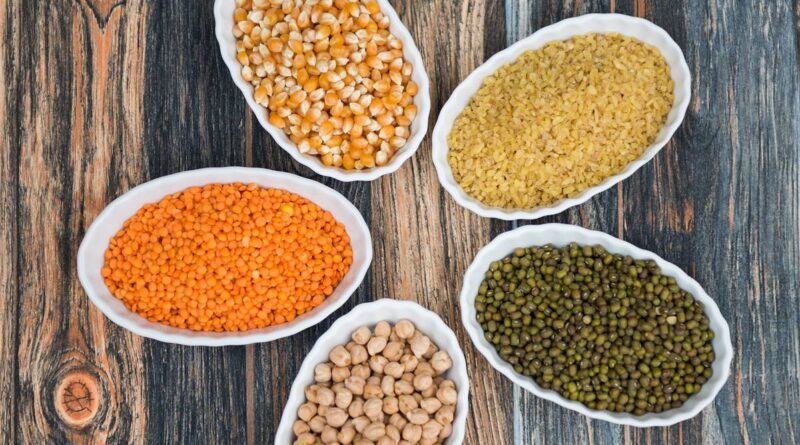Stock disclosure of pulses mandatory from Apr 15
By Sandip Das
To curb hoarding and the spike in prices of pulses, the government on Tuesday said that traders, importers, millers and stocks would have to declare the stocks of these items from April 15. It suspects a substantial quantity of imported pulses are lying in customs warehouses.
The department of consumer affairs has called a series of meetings with states, traders and importers to assess real time stock position of essential commodities. In addition the department is assessing the reasons behind the delay in arrivals of pulses in the market following imports.
“Not a matter of concern now. Still, we are vigilant. We are keeping a close watch on availability and prices of chana (bengal gram) and all other pulses so that farmers and consumers do not suffer,” Nidhi Khare, secretary, consumer affairs, said in a briefing.
Staying that there is no major concern about chana output, Khare said the agriculture ministry has indicated that the crop yields have not come down even though total output is currently pegged lower at 12.1 milllion tonne (MT) for 2023-24 crop years (July-June) compared to 12.2 MT in the previous year.
“The recent crop-cutting experiments undertaken in Gujarat indicate the chana yields are intact and arrivals are increasing in mandis leading to softening of prices to minimum support price (MSP) level, she said.
However, trade sources estimated the output of key pulses variety much below the official estimates.
With demand for chana, which has around 50% share in total pulses production, rising from state governments for distribution through their welfare schemes, Khare said now there is a strain on the buffer in terms of availability.
Currently, the government is holding a buffer stock of one MT of raw chana procured under the price stabilisation fund.
Khare said farmers’ cooperative Nafed has started procuring chana from farmers at a Minimum Support Price for maintaining the buffer stock to check prices and meet the demand of those states which want to distribute under their welfare schemes.
The government is also discussing with various state governments to streamline procurement and focusing on non-traditional pulses growing states like Jharkhand that are catching up in pulses output.
The government last week extended duty-free import of yellow peas used as substitutes for chana till June 30. In December last year, the government allowed duty free import of yellow peas while an import duty of 50% was imposed on pulses variety in 2017 to encourage domestic production.
This article has been republished from The Financial Express.

